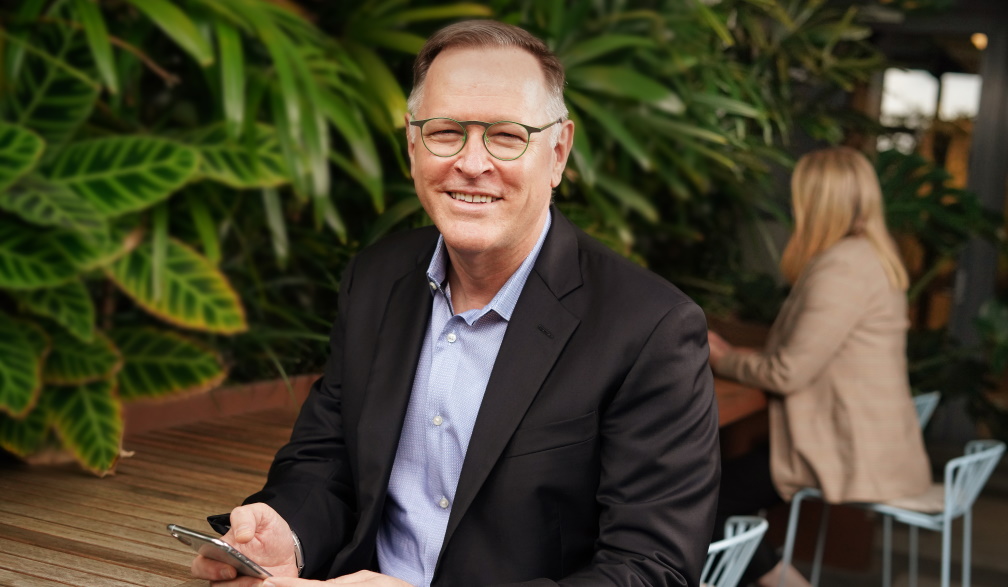Small business gearing up to grow again as NSW reopens
- Written by Westpac

New research from Westpac has revealed small business leaders are feeling confident about the future with 85 per cent reporting they believe the economy will quickly return to growth as restrictions ease.
The Westpac survey of 1,000 small to medium business leaders across Australia, confirmed that business owners are optimistic about the outlook ahead with seven in ten expecting an increase in sales over the next 12 months.
“Small businesses have been through an incredibly tough time and while challenges remain, it’s extremely encouraging to see so many business leaders feeling optimistic about the future as Australia prepares to reopen and recover,” said Chris de Bruin, Westpac Chief Executive Consumer & Business Banking.
“To help accelerate the recovery our research showed small business owners want Australians to shop local. More than a third of business owners called this out as one of the best ways to help them recover from the impacts of COVID-19. We also know there has been an increase in consumers buying Australian made goods and services and we hope this trend continues to help aid the recovery.”
The survey also revealed some of the main challenges small businesses are facing as they look to recover from the COVID-19 pandemic.
- * COVID-19 restrictions top the list of the biggest challenges facing small business leaders over the next twelve months with almost half (48%) calling this out as their top concern, followed by fewer customers and a reduction in sales (31%) and supply chains disruptions (28%).
- * 80 per cent of small business leaders have experienced an increase in the cost of doing business over the last twelve months. The cost of goods topped the list with 36 per cent of small businesses reporting an increase in prices, following by technology (33%) and operating expenses (30%).
- * Almost half (42%) of small business owners say the availability of staff has impacted their businesses growth with 43 per cent also saying they have been forced to take on additional work to cover the shortfall. 40 per cent of business owners are also planning to give their staff a pay rise within the next twelve months to boost employee retention.
“Despite the challenges small businesses have faced our research showed most businesses were better prepared for lockdowns this year compared to last. Many small businesses have been able to save money during the pandemic which they will use for business development and investment as the economy improves, said Mr de Bruin.
Westpac Business Bank Chief Economist, Besa Deda said small business plays a significant role in the Australian economy, accounting for 33 per cent of Australia’s GDP and employing almost half of Australia’s workforce.
“The economic bounce back that will follow reopening will be led by small business, who are the backbone of the Australian economy. Business confidence has improved in recent weeks, reflecting the pace of vaccination and reopening roadmaps, although some uncertainty and challenges persist.
“As the economic recovery ramps up, we expect business confidence to improve further and this will be followed by a resumption in small business spending, including on technology and digital offerings. Reopening also comes at a critical time for small businesses preparing for the busy Christmas holiday season.
“Low interest rates, elevated household savings, a strong housing market, and pent-up consumer demand are a potent mix of factors that will help reignite growth in the economy,” said Ms Deda.
Additional information:
- More than a third (35%) of small business leaders think consumers choosing to buy local will help their business recover from COVID-19.
- At least four in five small business leaders are encouraged by community support for businesses during lockdown and 82 per cent have seen an increase in customers buying Australian made products and services.
- 73 per cent of small business leaders were more prepared for lockdowns this year compared to 2020.
- Two-in-five (41%) believe the COVID-19 pandemic has allowed their businesses to save money, which they will use for business development and investment.






















